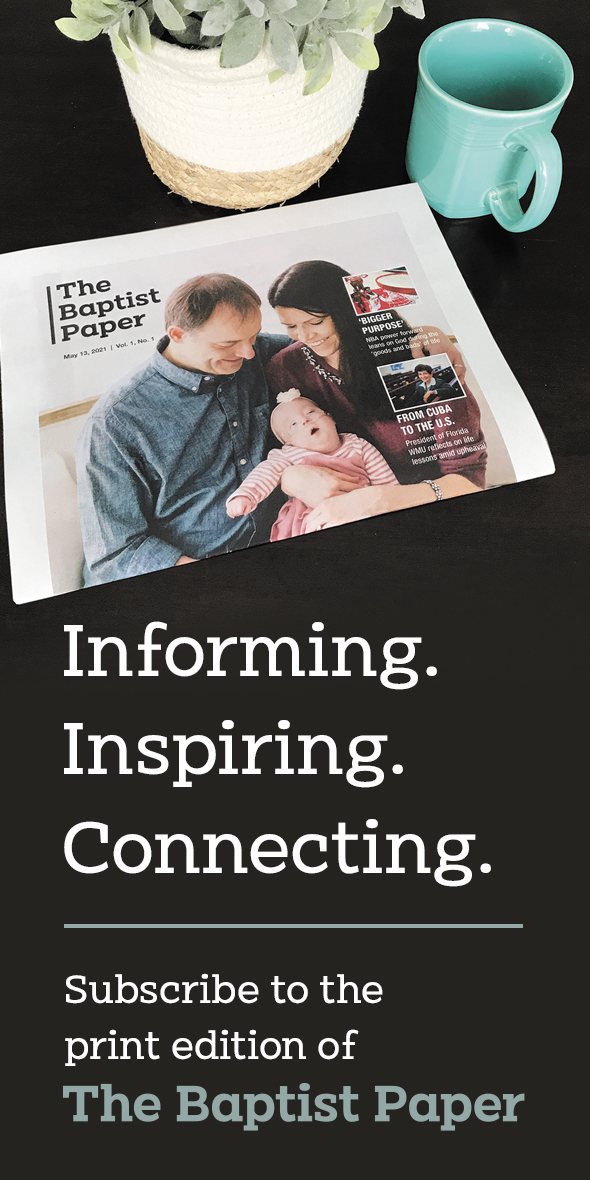REDEEMS
Jeremiah 31:23–34
Jeremiah 30 marks a shift in the message of Jeremiah from one of judgment to a message of hope and restoration. God promised to end the exile and restore the people to the land of Israel and Judah where the people would serve the Lord and their king, and God would bring about their redemption. Numerous Old Testament scholars refer to Jeremiah 30–33 as the Book of Consolation.
Blessings promised (23–26)
The phrase “Lord of the Armies” emphasizes God’s power to restore the fortunes of God’s people as many of them returned from Babylonian exile. Jerusalem would be a place of God’s blessing and righteousness.
God promised when the people returned from the Babylonian exile that He would provide all that the people needed, including water for the thirsty and food for the weak. The Lord of Armies may have appeared to the prophet in a dream. The dream was pleasant.
Restoration sought (27–30)
The Jewish people born in Babylon during the exile cited a popular proverb. Verse 29 expresses a common sentiment of people who experienced the exile while young. They felt that they were punished for the actions of their parents. We do suffer because of our parents’ actions. Counselors may use the terminology “generational sins” to describe the repeated sinful habits in families.
In contrast, Jeremiah proclaimed the doctrine of individual responsibility. Each person will suffer judgment because of his or her sin. We cannot blame our parents. Ezekiel taught the doctrine of individual responsibility in response to a popular proverb. Ezekiel 18:2 says, “The fathers eat sour grapes, and the children’s teeth are set on edge.” Ezekiel taught “the person who sins is the one who will die” (18:20). You are what you choose.
Covenant established (31–34)
The story of the people of God may be seen through the history of the covenants God made with His people. Exodus 34 describes God’s renewal of the covenant after Moses broke the tablets of stone upon which God Himself wrote. God rewrote the covenant requirements on new tablets.
Jeremiah predicts a time when God would write the covenant upon the heart of a human rather than on stone tablets.
The promised new covenant in Jeremiah sets forth four key aspects of a relationship with God. First, rather than being written on tablets of stone, God will write the new covenant upon the hearts of His people. Second, the new covenant is a relationship: “I will be their God, and they will be my people” (33b). Third, the new covenant will be written on the hearts of believers. Fourth, the new covenant involves knowing God in a personal way. All believers will know the Lord intimately.
Knowing God, according to Jeremiah, is more than mere mental assent. Knowing God entails “showing faithful love, justice and righteousness” (doing the right things) according to Jeremiah 9:24.
In other words, the evidence that we love God is not a loud verbal profession. The evidence of our love for God is showing love, justice and righteousness to other people. The new covenant is a covenant based on forgiveness.
By Mark Rathel
Professor at the Baptist College of Florida in Graceville, Florida










